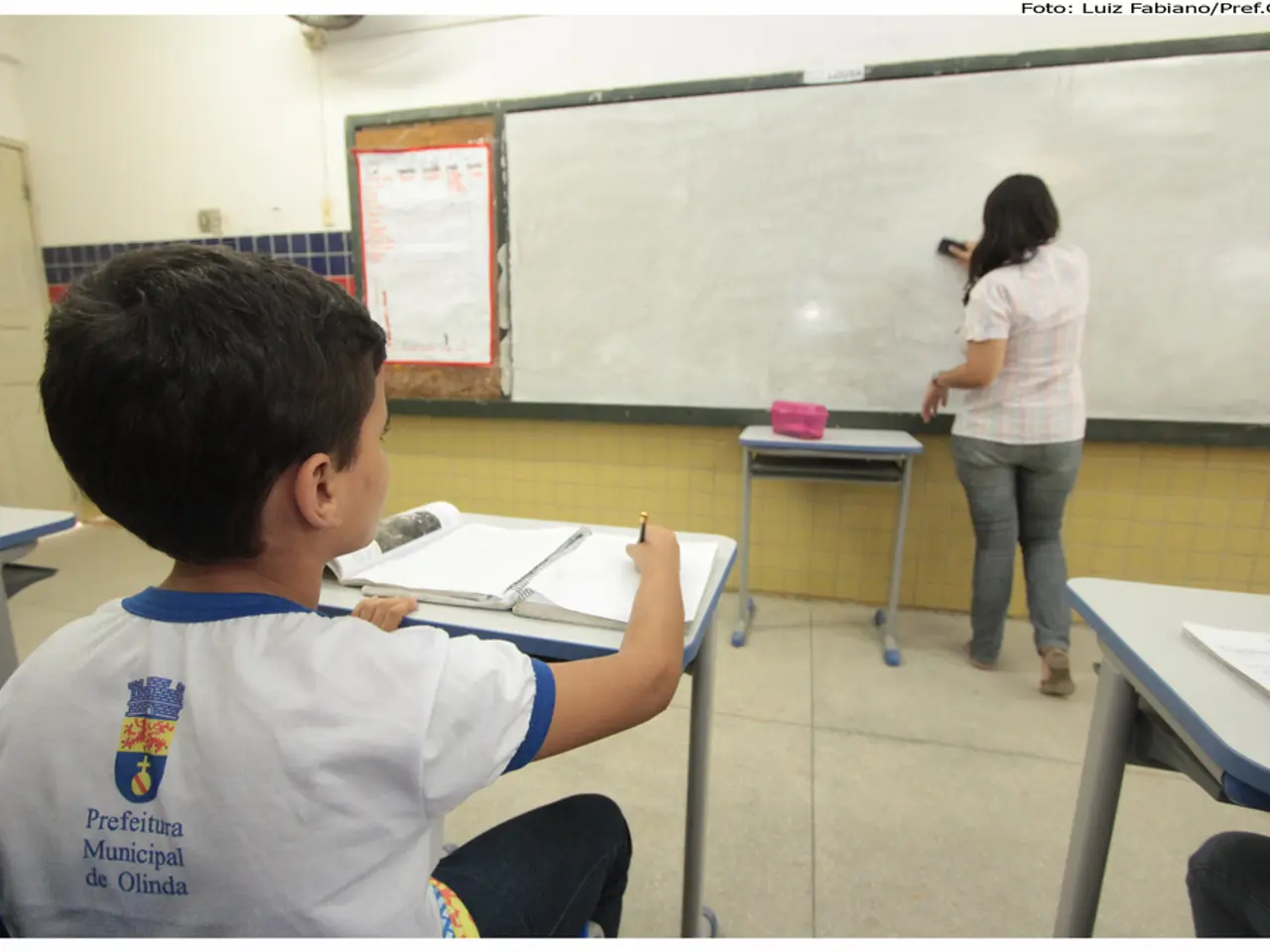Teaching Children Work-Life Balance: Vital for Well-being and Success
Promoting work-life balance in children is vital for their overall well-being and future success. This equilibrium helps them manage tasks, communicate effectively, and build strong relationships. However, achieving this balance can be challenging, especially in cultures like Nigeria where demands from education and economy may clash with personal life.
Understanding work-life balance enables children to prioritize tasks, manage time effectively, and communicate efficiently. This not only boosts their productivity but also maintains their physical and mental health, reduces stress, improves relationships, and advances their careers. Teaching children about this balance is crucial from a young age and involves age-appropriate communication, leading by example, setting realistic expectations, and encouraging personal interests.
Parents play a significant role in instilling these skills. They should provide children with the necessary knowledge and tools to balance their academic or professional duties with their personal lives. This helps children develop better time management skills, improved mental and physical health, increased productivity, and stronger relationships. Moreover, it prevents burnout, exhaustion, and stress, fostering better mental and emotional health.
Work-life balance is not just about dividing time but allocating energy and attention to each aspect of life - work, personal life, and family obligations. Teaching children about this balance equips them with vital skills for a healthy and successful life. Despite cultural beliefs, education system demands, and economic situations, it's possible to teach children about work-life balance with the right approach and support.








